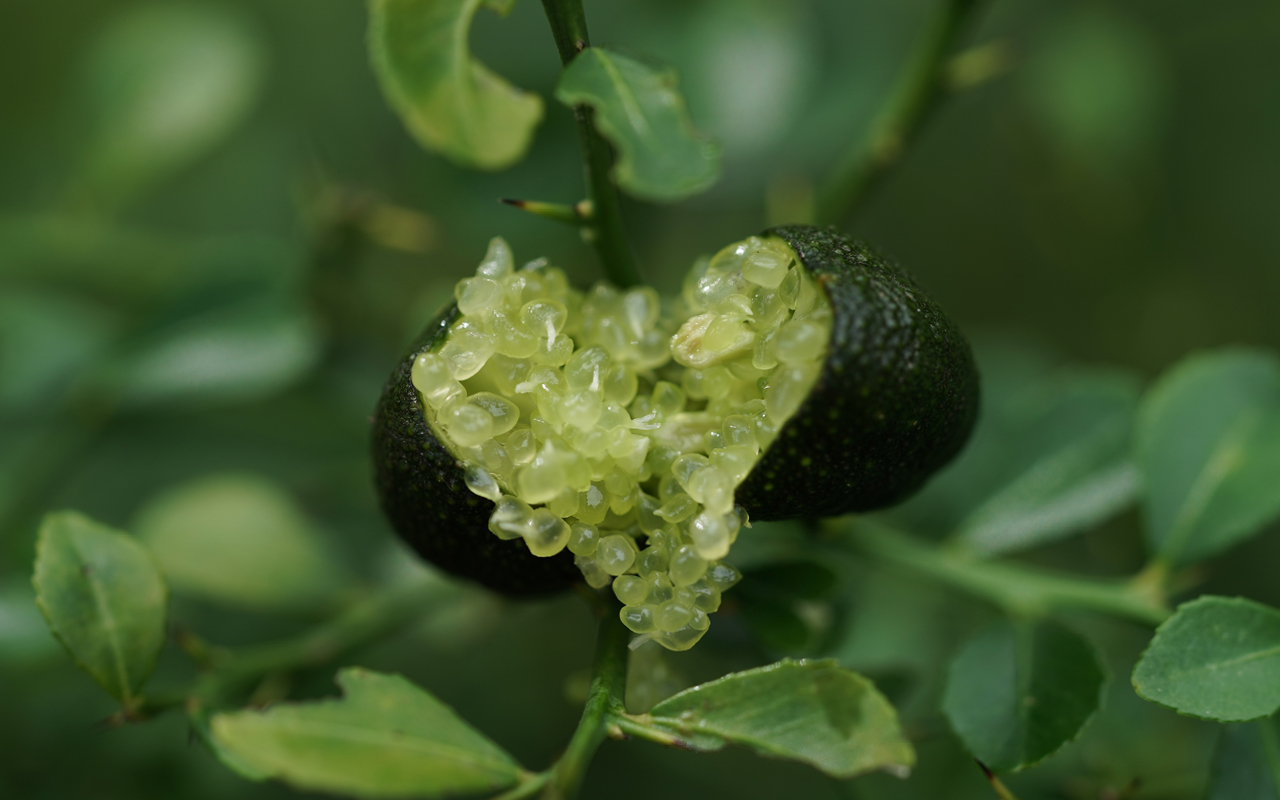Challenge Finger lime (Citrus australasica), a high-value native Australian citrus, is gaining commercial interest worldwide but faces key production challenges, including a short shelf life, susceptibility to physiological disorders, and vulnerability to pre- and post-harvest diseases. One major threat is Diaporthe citri, a pathogen common across citrus species. Early and accurate detection is critical for managing disease and reducing postharvest losses, yet current diagnostics are often time-consuming and lab-bound.
Solution This project is developing a CRISPR-Cas12a-based molecular diagnostic tool, integrated with a lateral flow assay (LFA) for visual detection. Designed for field deployment, the system allows rapid, sensitive identification of Diaporthe citri infections directly in orchard conditions. With results available in approximately 60 minutes, this approach enables real-time disease surveillance and early intervention.
Impact The CRISPR-LFA diagnostic tool offers a game-changing solution for finger lime growers, improving the speed and accuracy of disease detection. By supporting more responsive and sustainable disease management, it will help minimise post-harvest losses, enhance fruit quality, and protect the commercial viability of this emerging native crop. The platform also presents broader applications across the citrus industry for managing Diaporthe citri and related pathogens.






